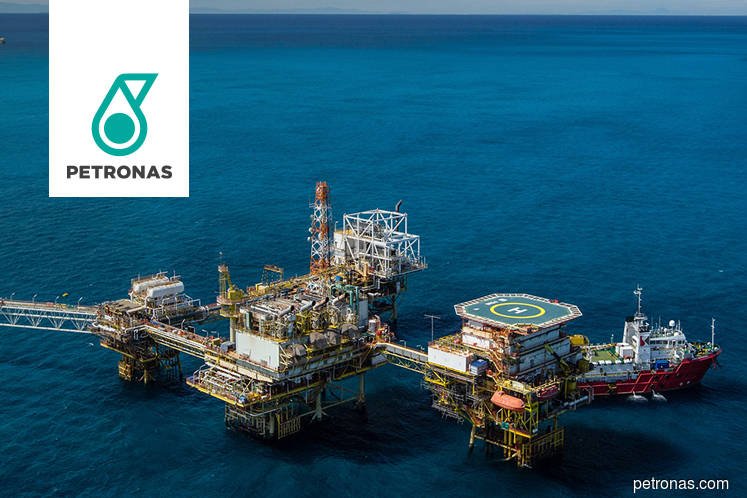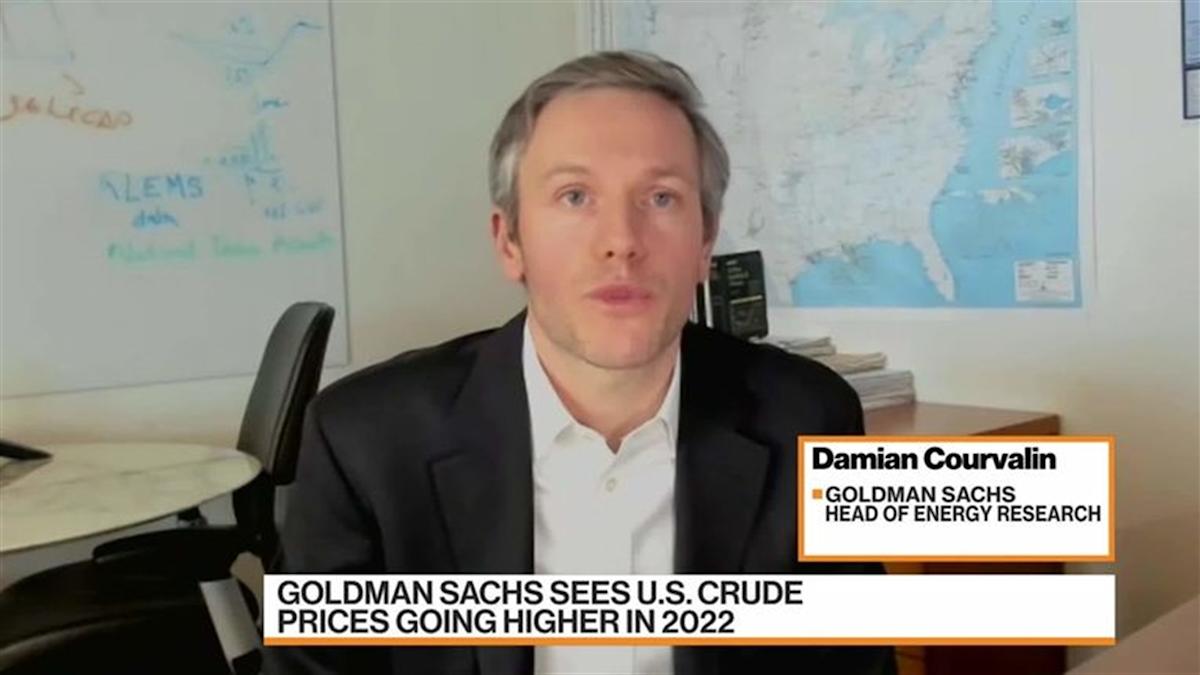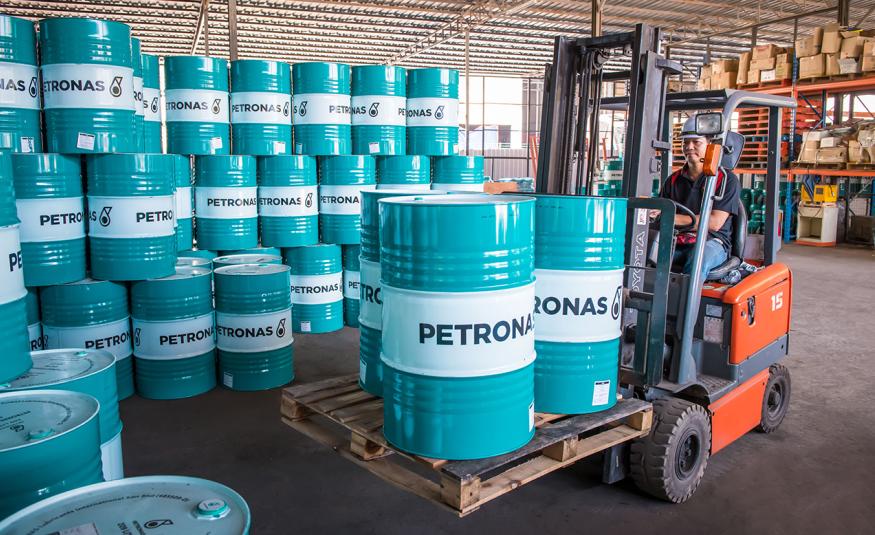KUALA LUMPUR Feb 9 - Crude oil prices is on a roll and is eyeing the US$100 per barrel, a level not seen since 2014.
Economists and analysts said obviously the country's oil and gas companies are set to benefit from the surge and return to pre-pandemic level.
But will the crude oil rally hit the psychological US$100 per barrel mark and continue to hold?
Who will gain the most and who will lose out? Why are oil prices rallying?
There are several factors behind the robust oil prices of late.
The heightening tensions between Russia and Ukraine is the top contributing factor on the recent spike in crude oil prices.
The stand-off is further exacerbated by Nato's sabre rattling giving oil prices the jitters.
Oil prices are also burgeoning due to the massive energy demands in China and the US but Russia, the world's fifth largest producer has curbed supplies causing prices to propel upwards.
Universiti Sains Islam Malaysia Faculty of Economics and Muamalat senior lecturer Dr Muhammad Iqmal Hisham Kamaruddin said it is undeniable that rising petrol prices will definitely impact the country's economy as a whole.
"Firstly, the climbing black oil will definitely affect the inflation of goods and services.
"Even now we are seeing increasing goods prices especially groceries (eggs, cooking oil, vegetables).

Although the main factor is due to the mismatch between supply and demand, high petrol prices will definitely add pressure to the prices of goods sold in the near future," Iqmal told DagangNews.
He added secondly, petrol subsidies will increase and burden the government even more financially at a time when Putrajaya is struggling to ensure the economy recovers from the effects of COVID-19.
Thirdly, Iqmal said due to skyrocketing crude oil prices, NGOs will clamour for the minimum wage to be raised due to the uncertain unemployment situation brought about by the impact of petrol on the cost of living.
"On the other hand, as Malaysia is a net importer of crude oil, the oil and gas industry will benefit the most in this situation.
This will indirectly increase the oil related revenues and taxes by the government.
Iqmal adds after the Omicron outbreaks, many countries are currently in the process to reopen their borders.
This will bolster petrol demand around the global.
"However, the US is currently in negotiations with Iran and if the sanctions are lifted, Iran which is also an oil producer will make up for the shortfall in petrol supply and will hopefully stabilise oil prices.

Who will benefit from the high oil prices?
Obviously, the Government will benefit the most and is set to receive more than the RM40 billion in oil royalty which it received from Petronas last year.
And the bumper royalty is not over yet as oil prices are stil hitting the roof and counting.
Goldman Sachs head of energy research Damien Courvalin reportedly said that crude oil prices which is currently hovering at the US$90 per barrel level has the potential to escalate to US$110.

Kenanga Investment equity research analyst Steven Chan said 2022 will be a year of recovery for the oil and gas sector.
"Globally, the oil and gas sector is set to spend US$1 trillion in various expansion activities.
Petronas meanwhile is set to allocate RM40 billion in capital expenditure which is the amount spent during pre-pandemic levels.
"My top picks are MISC Bhd as its biggest client is Petronas and Uzma due to its numerous brownfields," Chan told BFM.
Other oil and gas which are set to garner a slice of the profit pie include Petronas Chemicals, Dialog Group, Alam Maritim and other familiar names. - DagangNews.com




